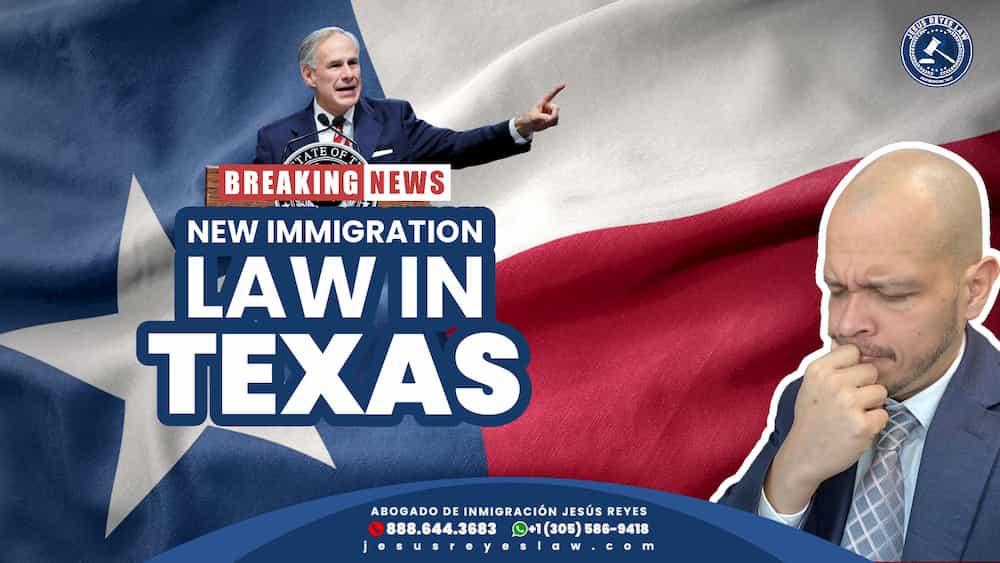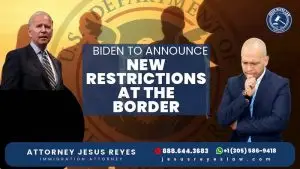In a significant shift in Texas’ immigration policy, the state has passed a law that has sparked extensive debate. This law, which had been previously rejected several times due to a lack of support among Republicans, represents one of the most severe measures in the United States regarding the handling of illegal immigration. Let’s break down the key aspects of this law, its implications, and the reactions it has elicited.
What Does the New Law Propose?
- Expanded Powers for Local Police: The law allows local authorities to detain foreigners if there is suspicion that they have entered Texas illegally from another country. This is a notable expansion of police powers in immigration matters, a topic generally managed at the federal level.
- New Offenses and Penalties: A state offense is introduced for unauthorized entry into Texas from a foreign country. The first time, this is considered a misdemeanor, but subsequent infractions increase in severity. A notable aspect of the law is that it allows local judges to order detained immigrants to return to a port of entry.
Context and Background
Governor Greg Abbott has been a vocal critic of the Biden administration’s handling of the migration crisis. In the last two years, Abbott has taken controversial measures such as sending buses full of migrants north and placing a “floating wall” on the Rio Grande. This law is seen as a continuous challenge to federal authority in immigration matters.
Reactions and Criticisms
- Concerns about Discrimination and Effectiveness: There are fears that this law could lead to racial discrimination and unjust arrests of citizens and legal immigrants. Critics, including the ACLU, argue that this law is an attack on border and immigrant communities.
- Conflict with Federal Authority: Legal experts and immigrant rights groups point out that the law could be in conflict with federal laws, which traditionally regulate immigration. Some Democratic and Republican legislators have expressed concern about the usurpation of federal powers.
- Doubts About Implementation: Despite its approval, there are questions about how this law will be implemented, especially outside the border areas. The director of the Texas Department of Public Safety himself has said it would be “almost impossible” to apply the law in counties far from the border.
The new immigration law in Texas is a clear example of how states can attempt to implement their own policies in an area traditionally dominated by federal authority. While Governor Abbott and his supporters see it as a necessary measure to control illegal immigration, critics view it as an excessive and potentially illegal measure. This law not only raises questions about immigration and border security but also about the balance of power between state and federal government in the United States.










